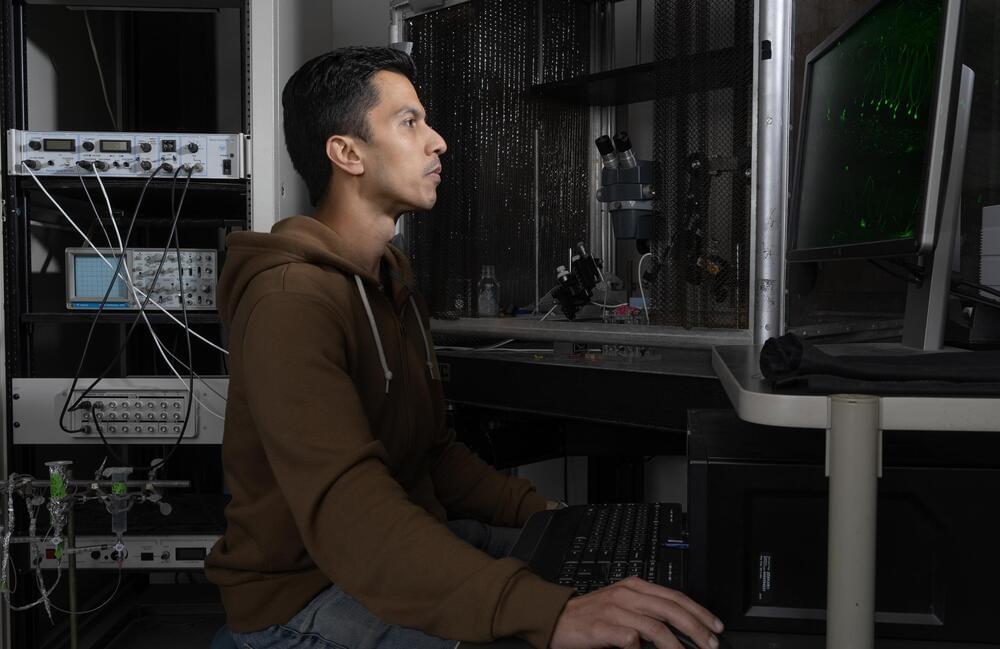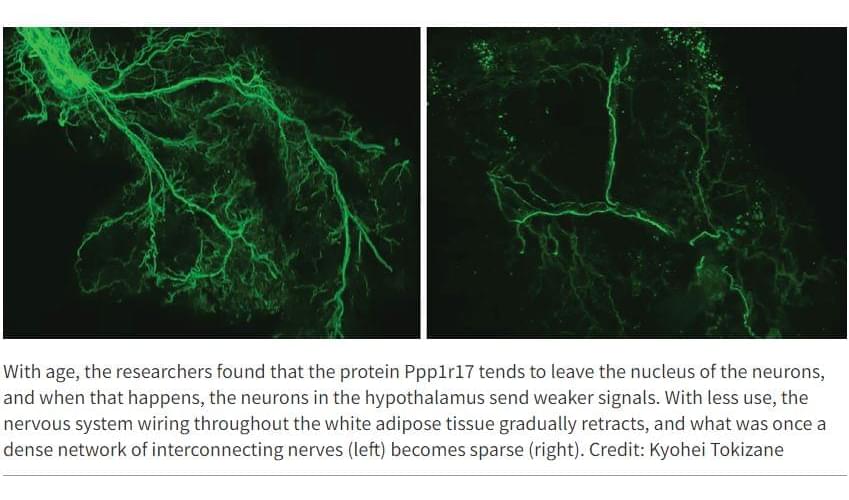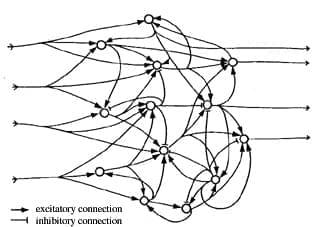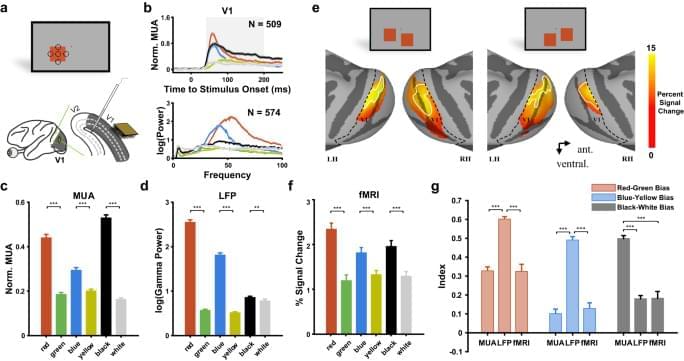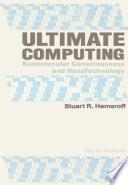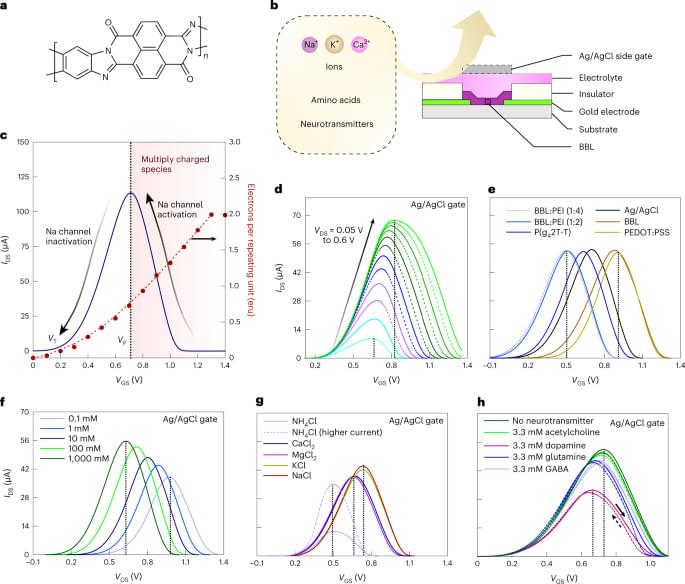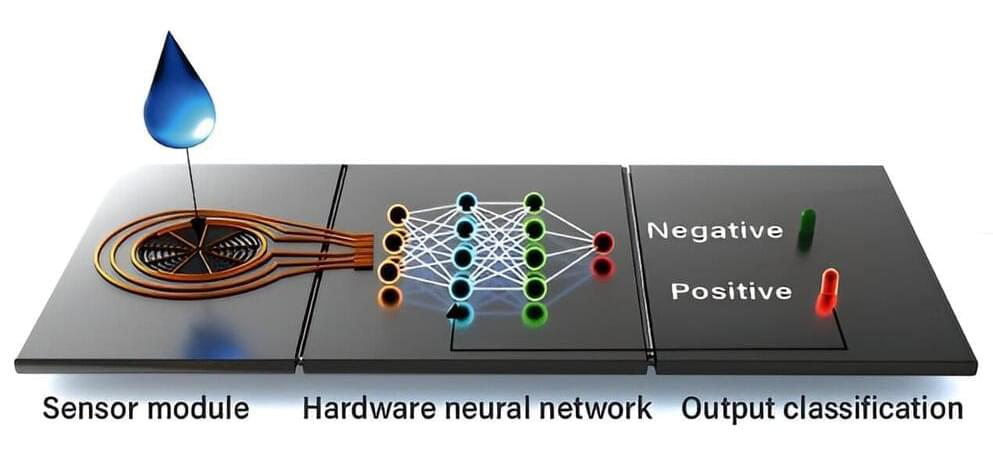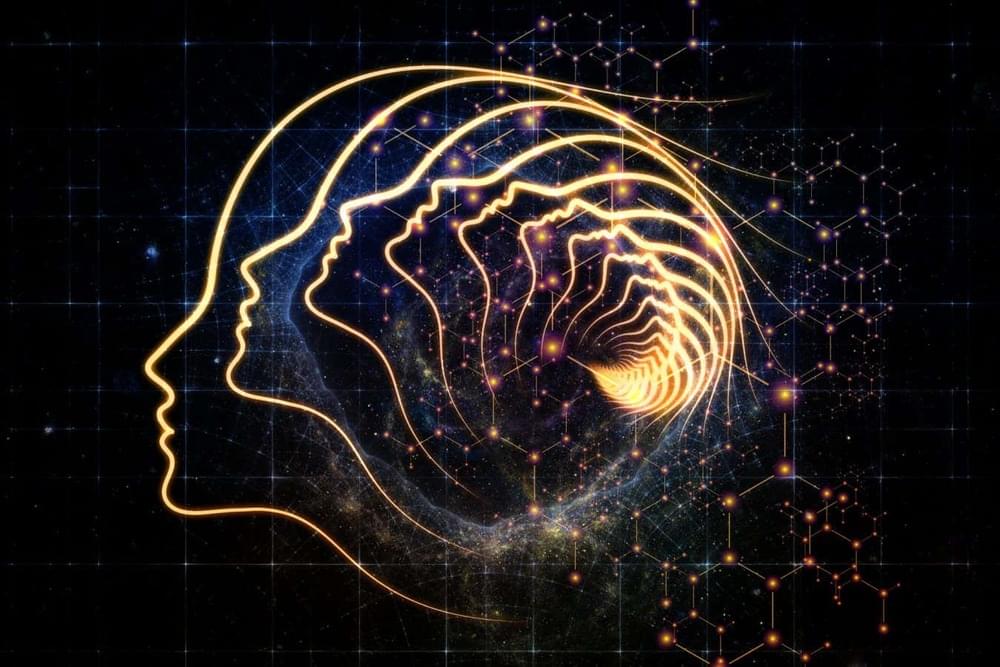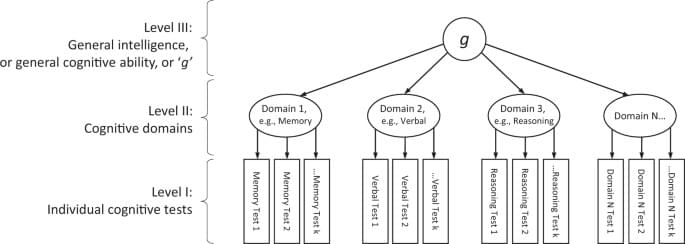Jan 19, 2024
Research into the nature of memory reveals how cells that store information are stabilized over time
Posted by Cecile G. Tamura in categories: biotech/medical, neuroscience
When neurons are activated in the hippocampus, not all are going to be firing at once.
Think of a time when you had two different but similar experiences in a short period. Maybe you attended two holiday parties in the same week or gave two presentations at work. Shortly afterward, you may find yourself confusing the two, but as time goes on that confusion recedes and you are better able to differentiate between these different experiences.
New research published in Nature Neuroscience reveals that this process occurs on a cellular level, findings that are critical to the understanding and treatment of memory disorders, such as Alzheimer’s disease.
